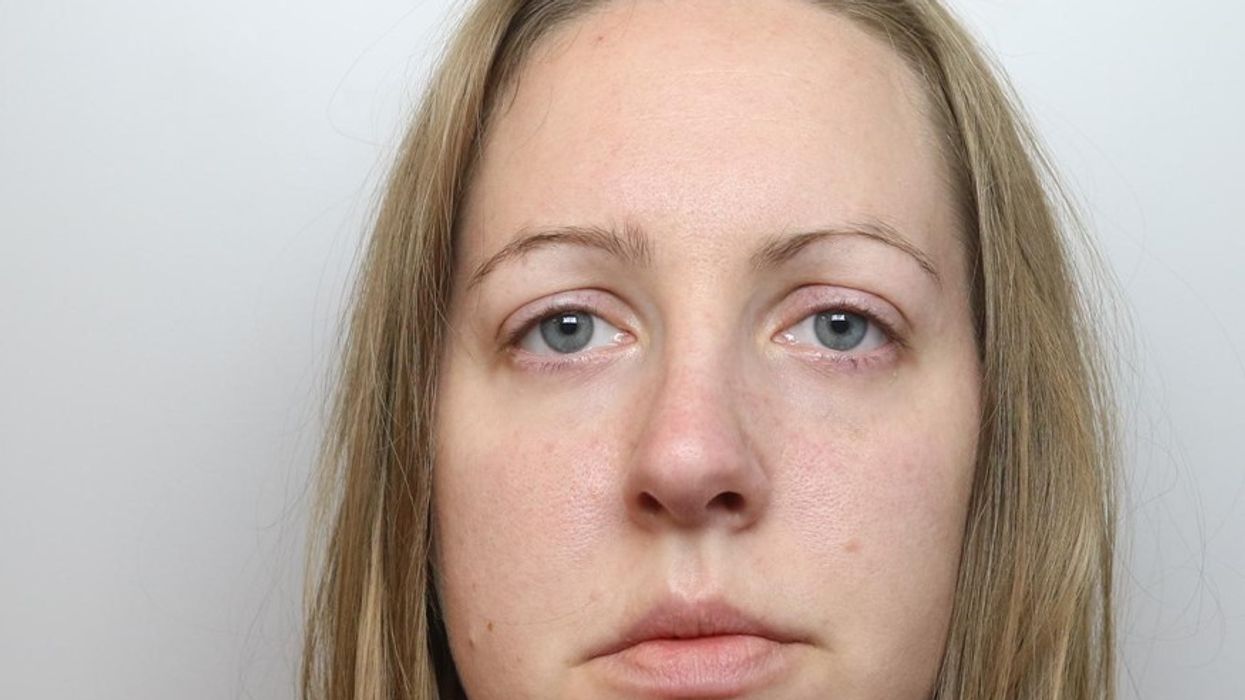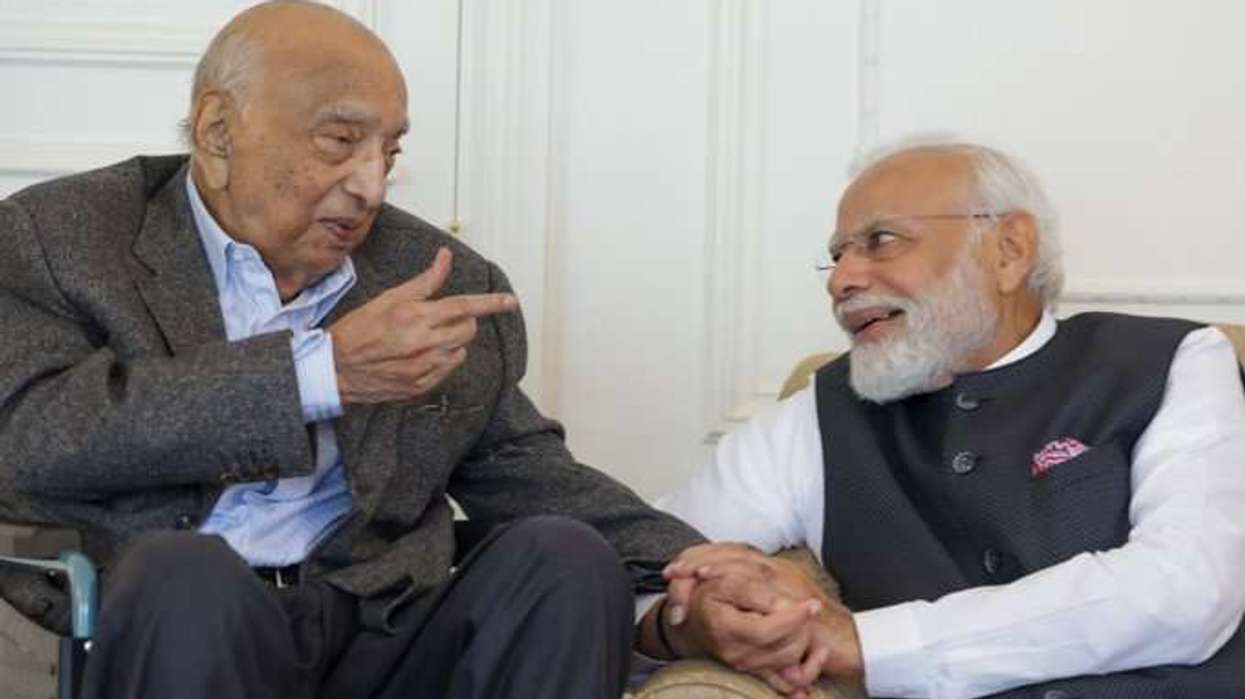A REVIEW has been launched into the case of Lucy Letby, a nurse sentenced to life imprisonment for killing seven newborn babies, as medical experts argue there was no evidence to support her conviction.
Letby, 35, is serving 15 whole-life sentences for the deaths of babies at neo-natal units in northwest England between 2015 and 2016. She was convicted of murdering seven newborns and attempting to kill seven others at the Countess of Chester Hospital, making her the most prolific child serial killer in modern UK history.
On Tuesday, her legal team applied to the independent Criminal Cases Review Commission (CCRC) to examine whether there had been a possible miscarriage of justice in her trials in 2023 and 2024.
Letby maintains her innocence and was accused of harming the babies using various methods, including injecting air into their bloodstreams, leading to sudden and unexpected collapses.
Shoo Lee, a retired Canadian doctor whose 1989 academic paper on air embolism was cited in Letby's 10-month trial, told a press conference that the evidence presented against her was flawed.
"The evidence that was used to convict her was wrong and for me that is a problem," he said, adding that Letby had exhausted all appeals.
He was speaking in London alongside an international panel of 14 independent experts in neonatal care, who concluded that their findings did not support murder in any of the cases.
Letby’s lawyer, Mark McDonald, described Tuesday’s evidence as having "demolished" the medical findings used in her trial.'Major injustice'
A CCRC spokesperson confirmed that a preliminary application had been received and that work had begun to assess it. The commission has the power to refer cases back to the Court of Appeal if it finds a possible miscarriage of justice.
"It is not for the CCRC to determine innocence or guilt ... that's a matter for the courts," the spokesperson said.
Instead, the commission’s role is to investigate and refer cases if new evidence suggests a conviction might not be upheld or a sentence could be reduced.
Former Conservative minister David Davis, who has raised concerns about Letby’s case in Parliament, described her convictions as "one of the major injustices of modern times."
Letby previously lost two appeals in 2023, with judges rejecting fresh evidence from Lee. They ruled that there had been no prosecution expert evidence diagnosing air embolus based solely on skin discolouration.
A public inquiry into the wider circumstances of the case began in September and is ongoing.
(With inputs from AFP)




